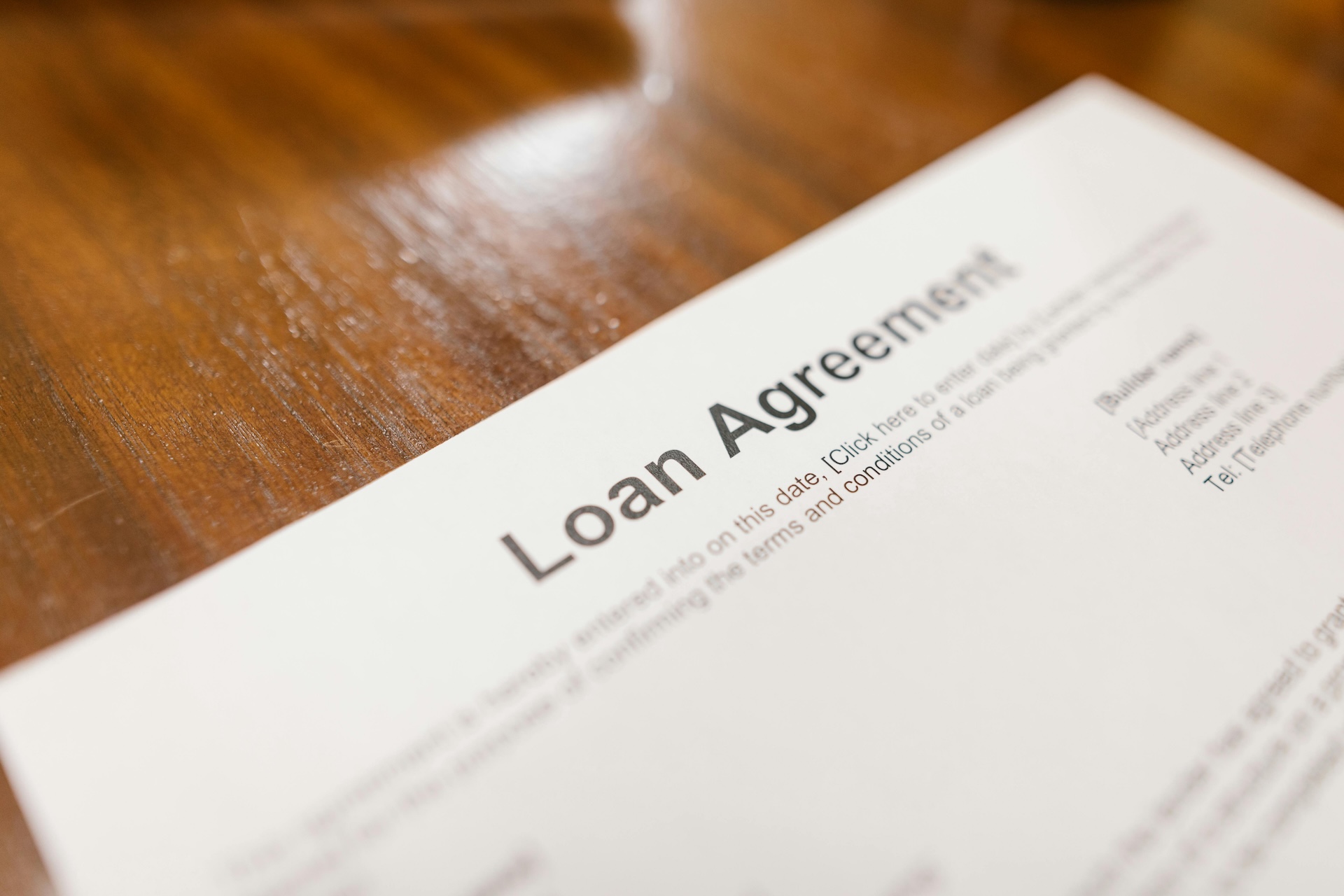
As an entrepreneur, you need to make sure that you’ve always got access to working capital. This often means taking on a business credit card or loan, which requires a good business credit score.
A good credit score can open up a whole new world of opportunities. Whether you need to take out credit now or not, having a positive standing with credit bureaus can help you access opportunities later when needed.
This often seems tricky when starting, as you need credit in the first place to build a credit score. However, establishing positive business credit scores is a pretty straightforward process. We’ll break down all the important steps below.
What Is Business Credit?
Business credit refers to how your company can borrow money and access financial products based on its credit history.
Your business credit history is created as you establish a track record of managing debts and making payments on time. Business credit scores help lenders, suppliers, and vendors evaluate your company’s trustworthiness. It’s an essential factor in determining if they want to extend credit or loans to small businesses.
Why Is It Important to Build Business Credit?
Building business credit is essential if you want to access loans, credit cards, and other financial products.
A strong business credit score shows lenders and suppliers that your business is reliable and can handle its debts responsibly. This could mean better loan terms, higher credit limits, and lower interest rates.
With good business credit, small business owners have more financial flexibility. As a business owner, having a good credit profile can help you manage cash flow better, invest in new opportunities, or cover unexpected expenses.
Separating your business and personal credit also protects your personal finances and helps your business stand on its own. Many people make their small business expenses as personal expenses, which can create financial risk, as any potential financial issues with your business reflect on you personally.
Step-By-Step Guide to Establishing Good Business Credit
Access to credit can help you cover many different business needs, and it all starts with good credit. Here’s what you can do to build up a positive business credit history. Here is how to build business credit:
1. Register Your Business and Get an EIN
The first step to building business credit is to establish your business as a legal entity. This can mean setting up a Limited Liability Company (LLC), corporation, or any other business structure that separates your personal and business finances.
Once your business is legally formed, apply for an Employer Identification Number (EIN) from the IRS. An EIN acts like a Social Security number for your business, allowing it to be identified for tax purposes. It’s also necessary for opening a business checking account and applying for credit in your business’s name.
Without an EIN and legal entity, lenders will use your personal credit to evaluate your business’s creditworthiness, which can limit your options.
2. Open a Business Bank Account
After registering your business and receiving your EIN, the next step is to open a dedicated business bank account.
This is essential for managing business finances separately from your personal ones. It also allows for clear tracking of income and expenses, which is useful for tax reporting, applying for loans, and budgeting.
3. Apply for a Business Credit Card
Once your business bank account is open, applying for a business credit card is a great way to start building your credit history.
Business credit cards not only offer convenience for managing day-to-day expenses, but they also help establish your business’s credit profile when used responsibly.
Many issuers of business credit cards initially rely on the owner’s personal credit score for approval, but they report payment activity to business credit bureaus. This helps build your business’s credit history over time.
When using your business credit card, keep your balance low – below 30% of your available credit. Importantly, always make payments on time or early.
4. Establish Trade Lines With Vendors
Another one of the best ways to build business credit is to establish trade lines with your suppliers or vendors.
Many suppliers offer payment terms like “Net 30” or “Net 60,” which allow you to pay for goods or services a few days or weeks after receiving them. By negotiating these terms and paying them off on time, you can improve your business’s cash flow and build credit. This works as long as the vendors report to credit bureaus.
If your suppliers do not report to business credit bureaus, ask if they can be listed as trade references.
Credit agencies will often follow up with your trade references to verify your payment history. The more trade lines you have, and the more on-time payments you make, the stronger your business credit will become.
5. Pay Bills on Time (Or Early)
Paying bills on time is one of the most important factors in building strong business credit.
Your payment history accounts for much of your credit score, so it’s essential to pay all debts, including loans, credit cards, and vendor invoices, on time. Early payments can be even more beneficial. Certain credit agencies reward businesses that consistently pay bills before they’re due with higher scores.
6. Monitor Your Business Credit Regularly
Once you’ve started building your business credit, it’s important to monitor your credit report regularly.
Credit agencies offer business credit reports that you can check to see how your business is being rated. By monitoring your credit, you can quickly spot any errors, discrepancies, or signs of fraud that could negatively impact your score.
Regular monitoring also gives you a clear understanding of your business’s financial standing. If your score drops, you’ll know to take action to correct the issue before it affects your ability to get loans, negotiate payment terms, or expand your business.
7. Choose Lenders That Report to Credit Bureaus
If you’re after loans or lines of credit, you’ll want to work with lenders that report your payment activity to business credit bureaus.
Not all lenders report to these agencies. So, if you’re taking out a business loan, make sure your lender will help you build your business credit profile. Banks, credit unions, and certain online lenders typically report payment history, which can help improve your credit score over time.
Merchant cash advances and some alternative financing sources often don’t report to credit bureaus. So while they may provide quick access to capital, they won’t help you build credit.
8. Avoid Liens, Judgments, and Bankruptcies
Any negative legal actions like tax liens, judgments, or bankruptcies can seriously damage your business credit.
If your business fails to pay its taxes or significant debts, creditors could place liens on your assets or take legal action to recover the money. These judgments can stay on your business credit report for years. This makes it much harder to secure financing or favorable terms with vendors and suppliers.
To avoid this, be proactive in managing your business’s debts and addressing any financial issues before they escalate.
Keeping up with your taxes, paying off debts on time, and negotiating payment plans when necessary can help you avoid these damaging marks on your credit report.
9. Keep Your Business Information Up to Date
Finally, it’s essential to keep your business information up to date with the major credit bureaus, like Dun & Bradstreet, Experian, and Equifax.
Ensure that your business name, address, and other details are correct in their databases. Any outdated or incorrect information could lead to miscommunication or errors that negatively affect your credit score.
Regularly review your business credit reports to ensure that all trade lines, loans, and credit accounts are being reported accurately.
If you notice any mistakes, contact the relevant credit bureau to dispute and correct the information. Keeping your credit report accurate will give lenders and suppliers a clear and positive view of your business’s financial health.
Common Mistakes to Avoid When Building Business Credit
When building business credit, always avoid mixing your personal and business finances. This can blur your financial history and harm your credit.
For example, if you use your personal credit card to cover business expenses, it can make it difficult to separate your personal debt from your business debt. This not only complicates bookkeeping but also risks lowering your personal credit score if your business struggles financially. Ultimately, this makes it harder to establish strong business credit.
Failing to pay bills on time, neglecting to monitor your business credit reports, and using too much available credit can all hurt your score.
Not applying for credit under your business’s name, missing opportunities to build credit with vendors, or choosing lenders that don’t report to credit bureaus are also common mistakes.
By staying organized, making payments on time, and keeping personal and business finances separate, you’ll build up a much stronger credit profile.
Timeline for Establishing Business Credit
Establishing business credit typically takes anywhere from six months to a year, depending on how quickly you set up your business and manage your finances.
Once your business is all set up and you’ve got credit under your business name, you can start to pay off bills on time. Over time, using credit cards, trade lines, and loans responsibly will help you build a solid credit profile.
The key is consistency in managing your finances and monitoring your credit reports regularly. Building a business credit score is a long-term process.
Conclusion
Your small business credit history is something you should take seriously. While building it up takes time, having a good credit score can help you access important financing opportunities when you need them. Whether it’s access to quick capital for a cash flow boost or a large loan to expand your business, it all starts with your credit profile.
Of course, a good credit score is only useful if you use it to work with the right small business lender. At E-Boost Partners, we make it easy for businesses to access fast and affordable lines of credit for all kinds of business needs. Get in touch for easy access to capital.







